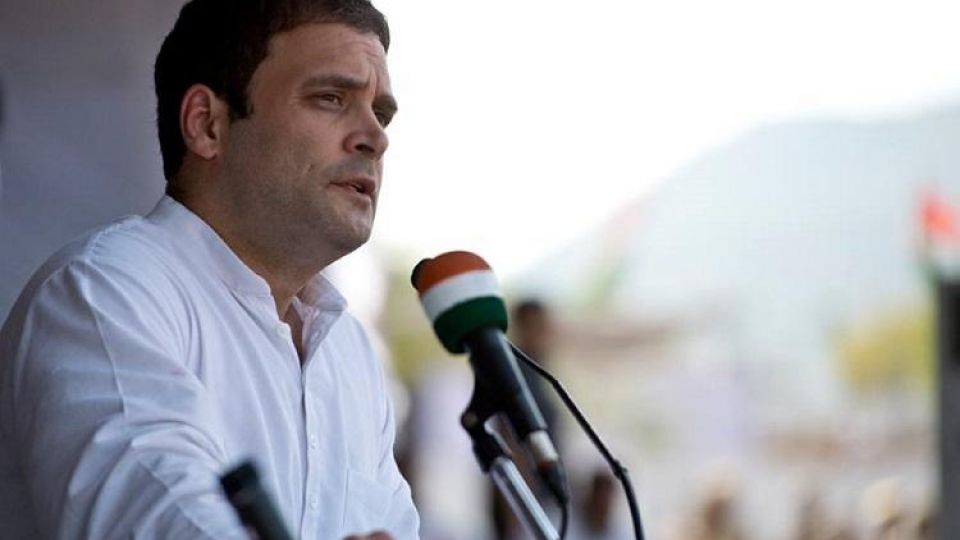January 31, 2019
Is Rahul Gandhi’s basic income a ploy, history holds on a lesson.
Speaking to a rally of farmers in Chhattisgarh on Monday, opposition candidate Rahul Gandhi announced that if his party is voted into power in the country’s upcoming national elections then it will introduce a Universal Basic Income of sorts.
The “minimum income guarantee” would go out to every “poor person” in India—meaning those that fall within a minimum threshold level of income—and could potentially replace other government welfare systems: subsidies on food, fuel, etc. By the international standard set out by the World Bank, nearly 22 percent of the Indian population falls below the poverty line.
The idea of basic income, or minimum income, has been attempted in other countries before. Universal Basic Income experiments have been carried out on small scales in Ontario, Canada as well as in Finland. But has it ever been tried in India?
The answer is yes, and the results were promising.
Two important studies of such unconditional cash payments have been carried out in India, one in Madhya Pradesh and one in Delhi. The Madhya Pradesh study assessed the impacts of these cash transfers alongside existing welfare schemes, like food subsidies. The Delhi test examined the outcomes when a minimum income program takes the place of such schemes.
In the Delhi trial, researchers found that giving a randomly selected 100 households 1,000 rupees per month in lieu of food subsidies resulted in no reduction of calorie consumption, and raised spending on nutritious food goods.
In Madhya Pradesh, the experiment, which was launched by UNICEF saw over 6,000 people, both adults and children, receive a basic income for one year to seventeen months.
Guy Standing, a professor at the University of London’s School of Oriental and African Studies and a principal researcher on the pilots said the results of the studies showed that “basic income can be transformative.”
The cash grants increased savings, and improved living conditions. Households that received the cash had better access to clean water, and had increase purchasing power overall. Whether those results will remain as positive if such small-scale studies were to be extrapolated out to include all of India remains to be seen.
In terms of this election, however, Gandhi’s announcement could be a true game-changer.


